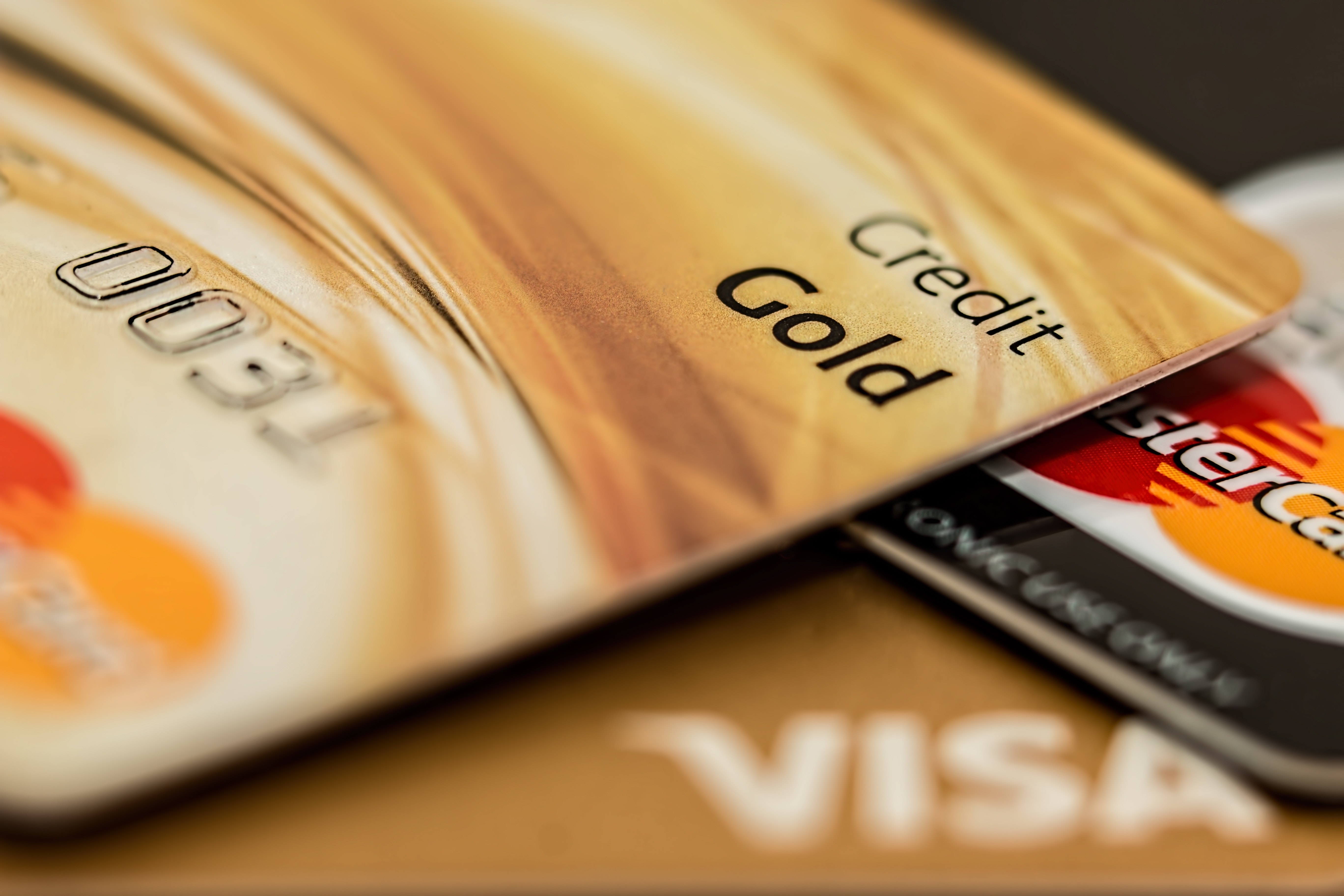Your credit score won’t go down just for having multiple credit cards. It all depends on how many you have and how you use them. Credit card debt is on your credit report as revolving debt. Revolving debt means the balance can be carried over from month to month. Important factors in evaluating revolving debt are the age of the account, payment timeliness, and utilization rate. Additionally, your score will be affected by how soon the account opened after requesting another type of credit account.
Credit Card Habits to Avoid
You can decrease your score with one card if you have bad habits. Let’s say you’re 40 years old, and you still have your credit card from when you were 20. You will have earned points for the age of that account. However, if that account is maxed out, then you will have decreased your score. Your balance-to-limit ratio, or utilization rate, is 100% and high risk for default. If the payment on that account is more than thirty days past due, then you have increased your risk and reduced your score further.
Ways to Increase Your Credit Score
The easiest way to increase your credit score in this scenario is to pay down your balance owed to less than 30% of the total balance of that card. Thirty percent is the baseline for credit utilization. Additionally, payments need to be paid on time to establish a pattern. Your creditors usually report your payments monthly to the credit bureaus. If you missed a due date for the first time, you could ask your creditor not to report it to the bureaus based on strong payment history.
Another risky approach is to use something called tradelines. This is basically when you pay someone to add their good credit to your poor credit. So they add you as a cosigner on a loan, credit card, etc. The end result of this is your credit improves because their improved metrics help to wash out your more challenged FICO score. Its frowned upon because its a temporary fix when you should really be developing good character and paying your bills on time.
How to Manage Multiple Credit Cards
The same good habits apply to multiple credit cards. You should maintain the oldest account to get points for age unless you no longer have a positive relationship with the creditor. Also, you want to make sure you make your payments on time, if not early. A good habit is to call each creditor and ask for a payment date that works best for your budget. Consider setting up autopay to ensure you never miss a payment.
Your utilization rate should still be less than 30%. For example, If you have three cards with a limit of $1,000 each, you should keep the balance of each card at $300 or less. Doing so shows that you are a low-risk borrower and more likely to repay your debt.
Another good habit to adopt is paying your balance in full every month. You won’t pay interest, and you will show a consistent payment history. Some cards require payment in full every month, so be sure you understand the terms and conditions when applying.
When opening multiple credit card accounts, you want to avoid doing so within a short period. Generally, you should request credit no more than once every 12 to 24 months. The timing of your accounts is especially important if you plan on opening an installment loan such as a mortgage or auto loan. Too many inquiries and accounts on your credit report in a short time show high-risk behavior and may decrease your score, increase the offered interest rate, or even signal denial.
Read More
5 Money Management Skills That Are Essential to Improving Your Credit Score
Understanding Your Credit Score: What is the Optimal Credit Utilization?


